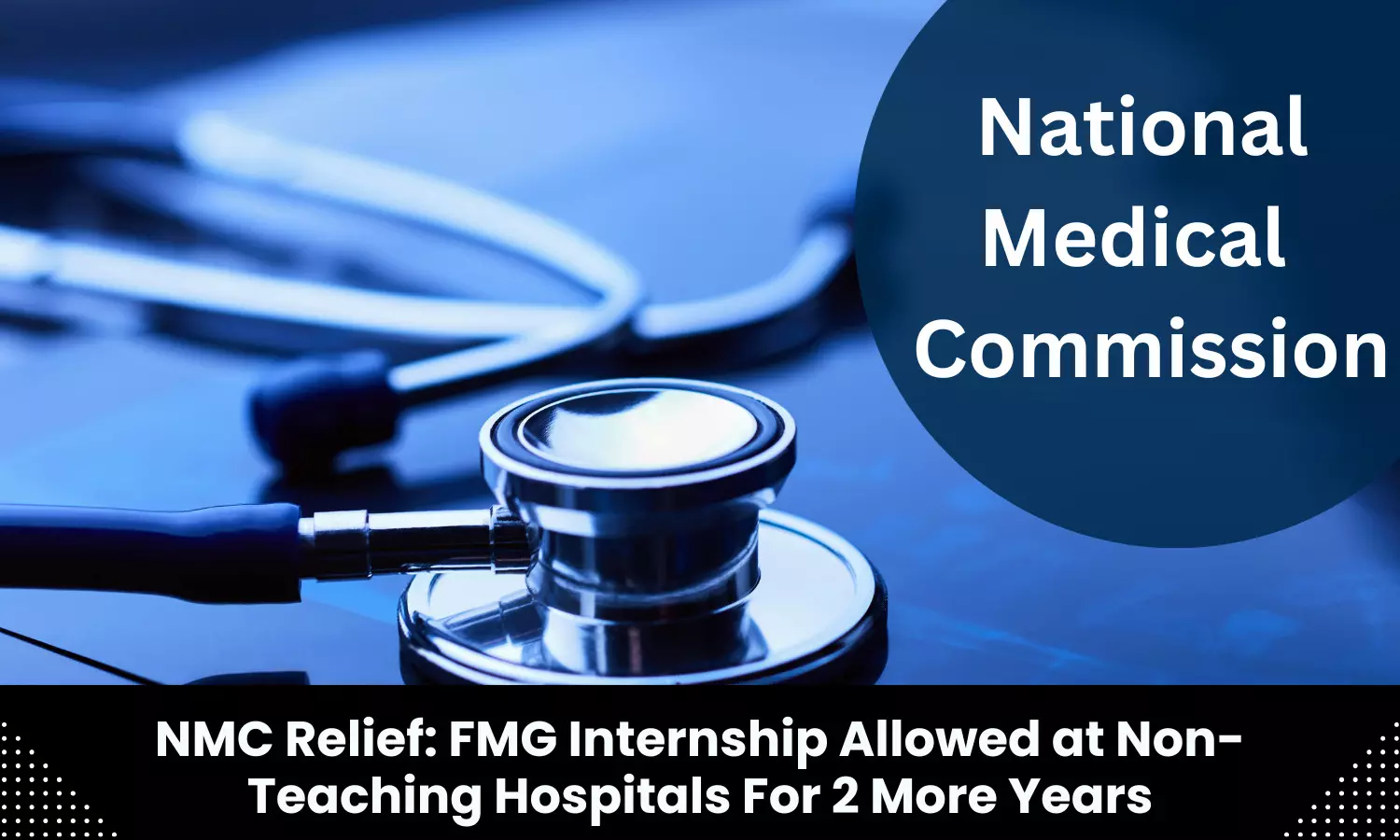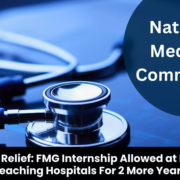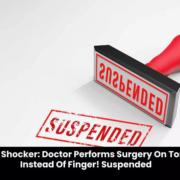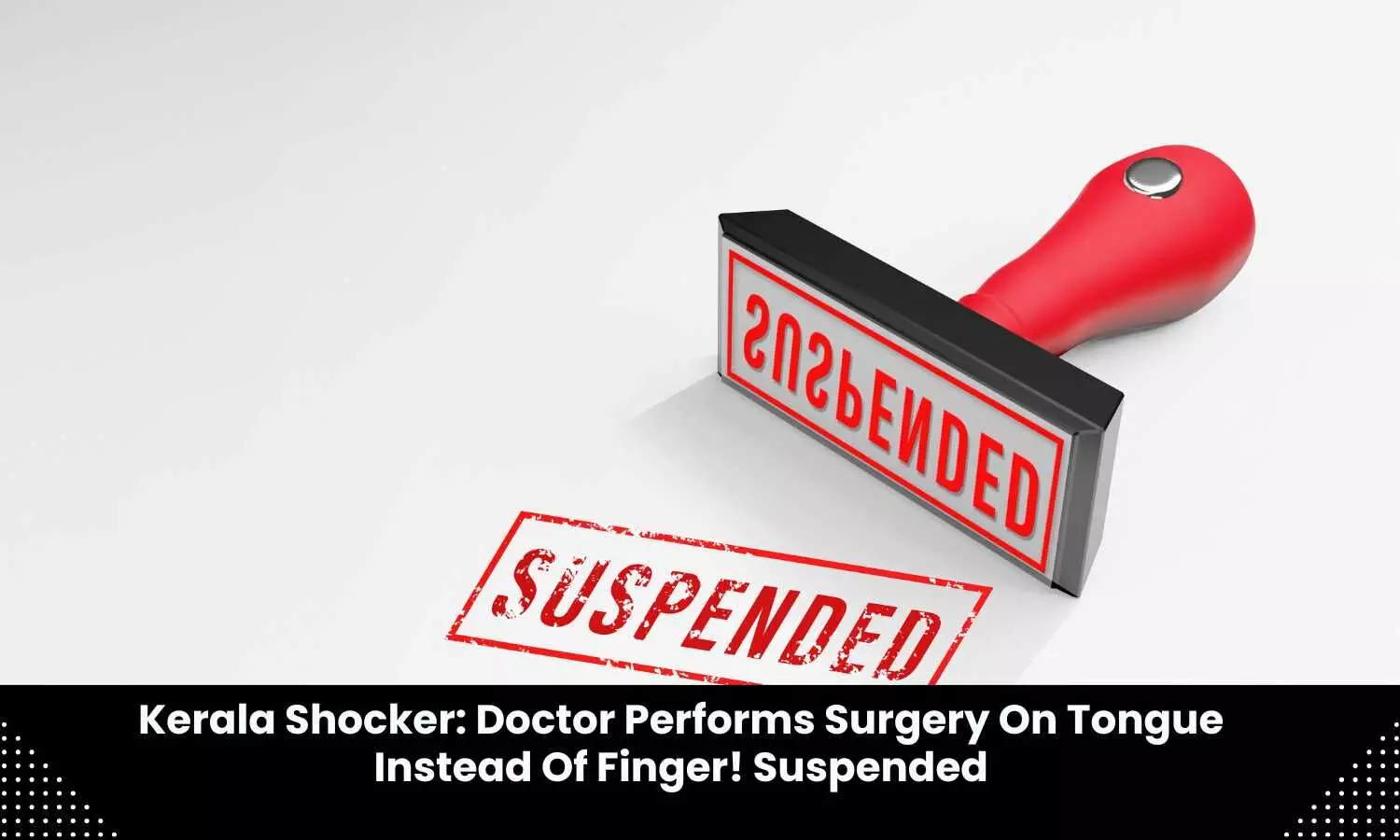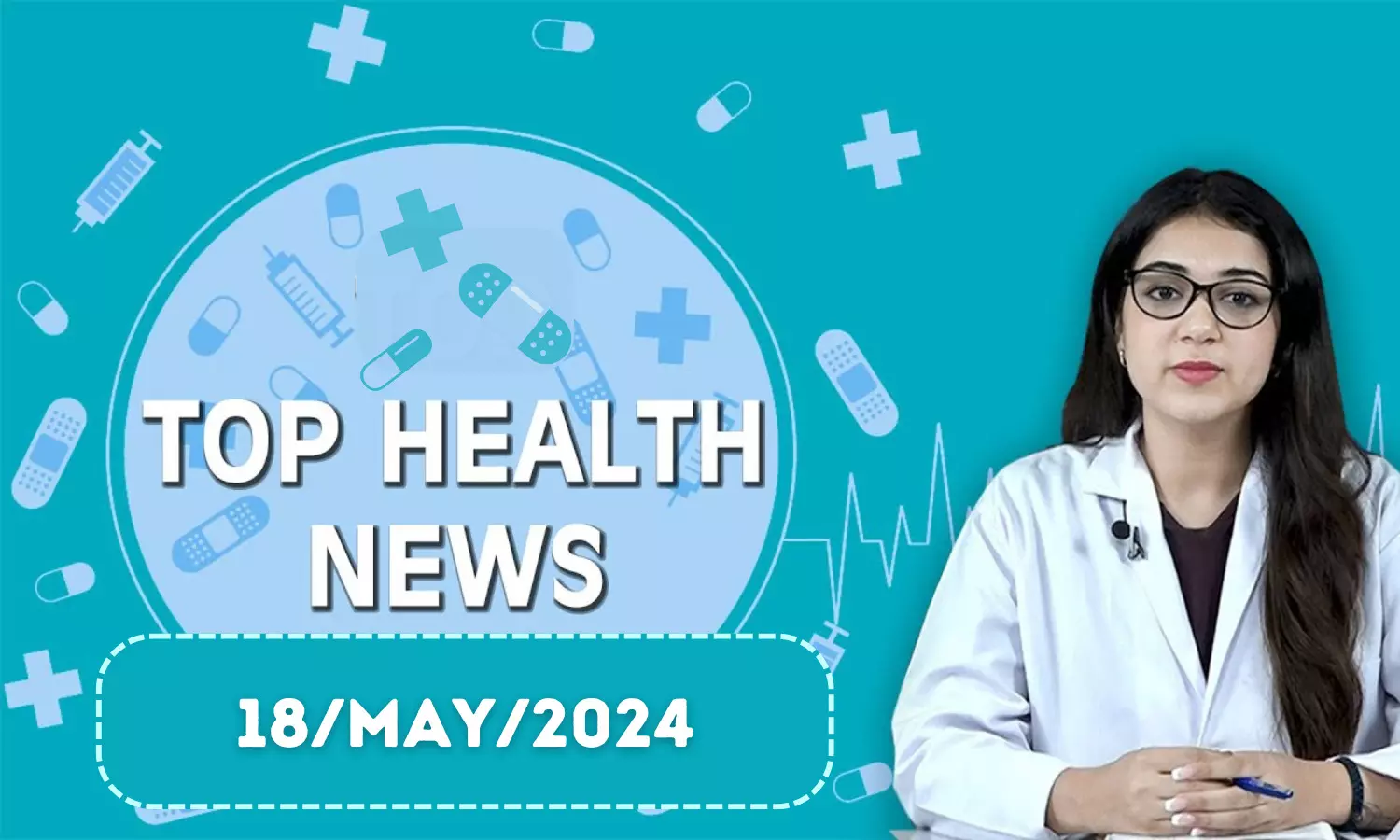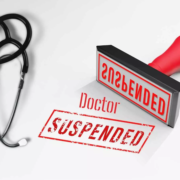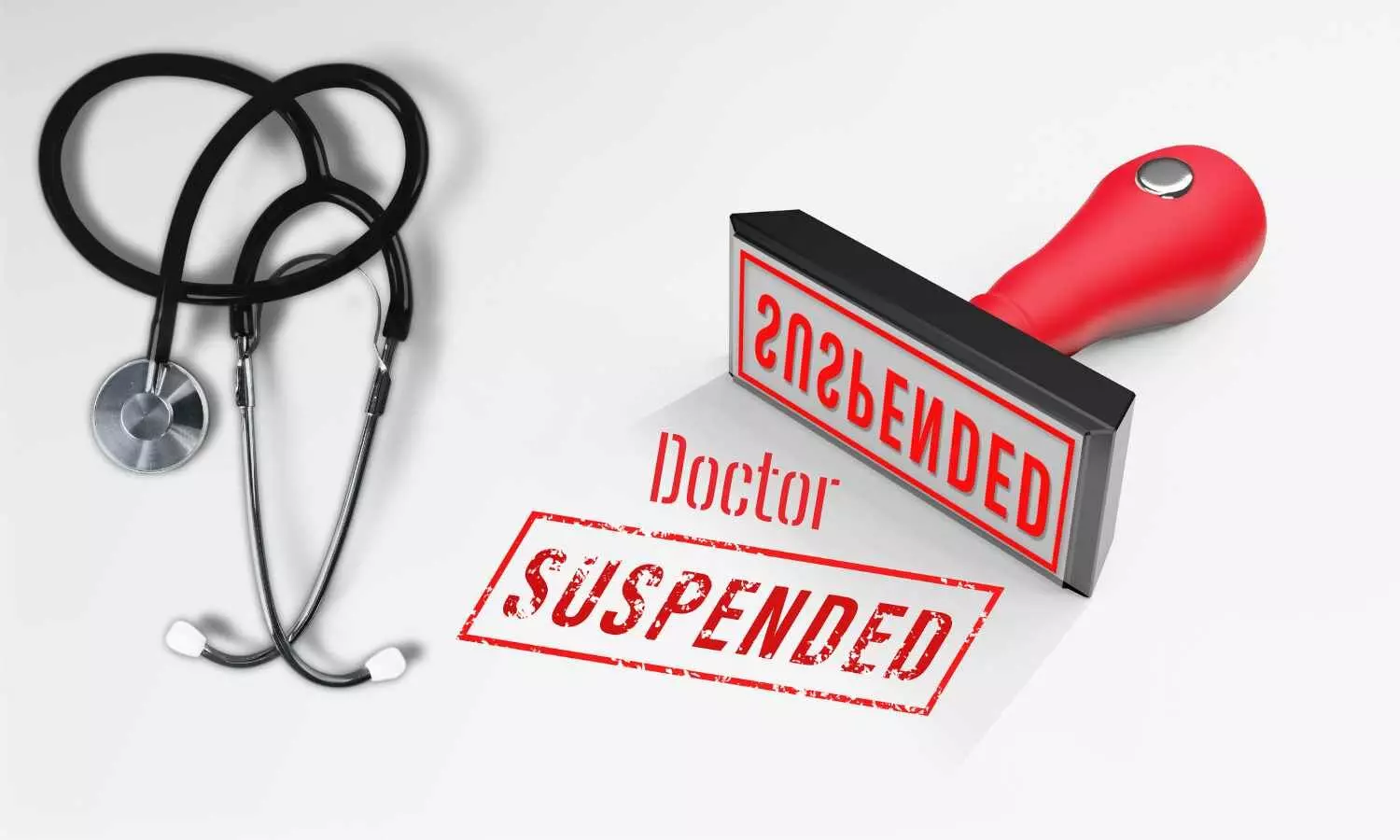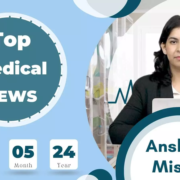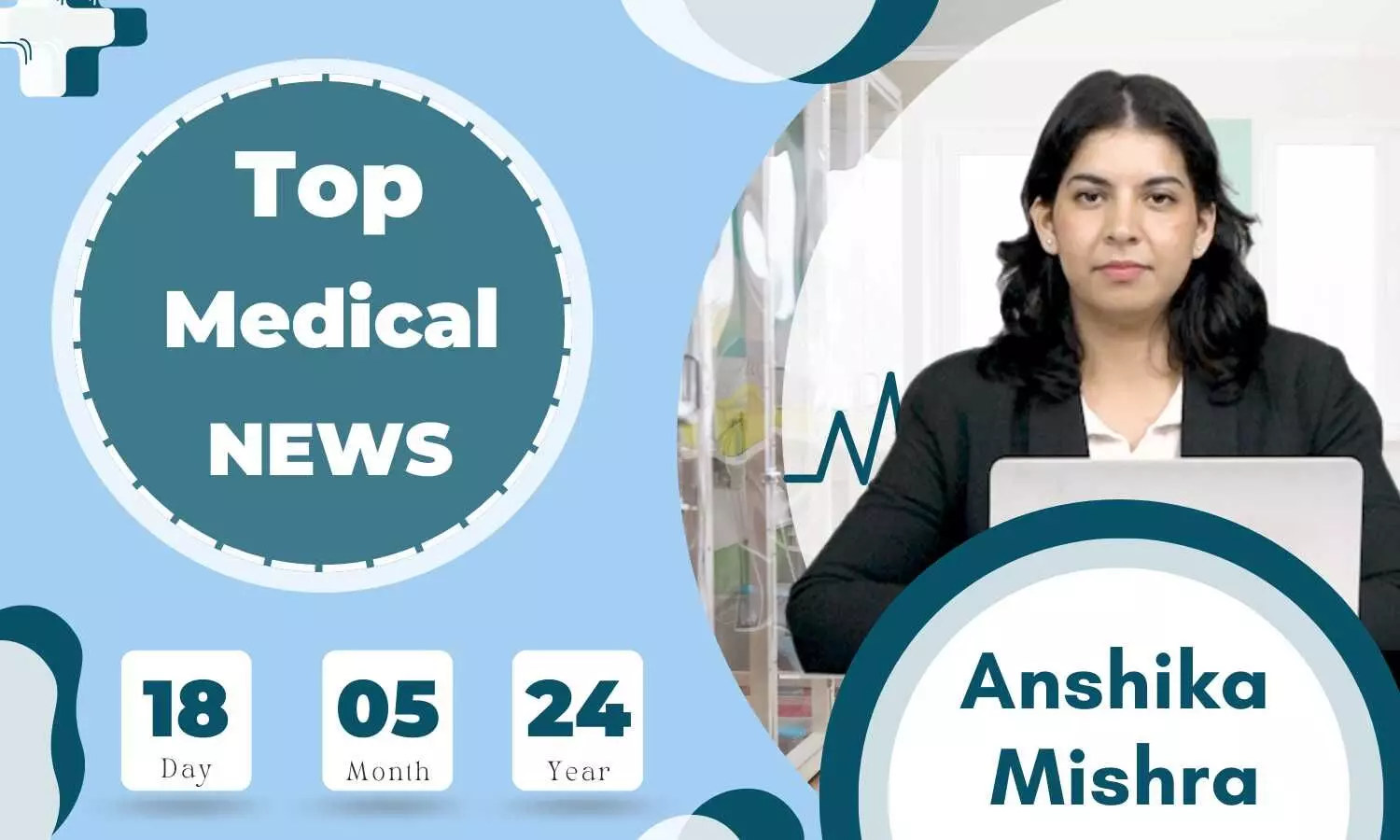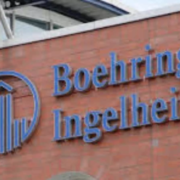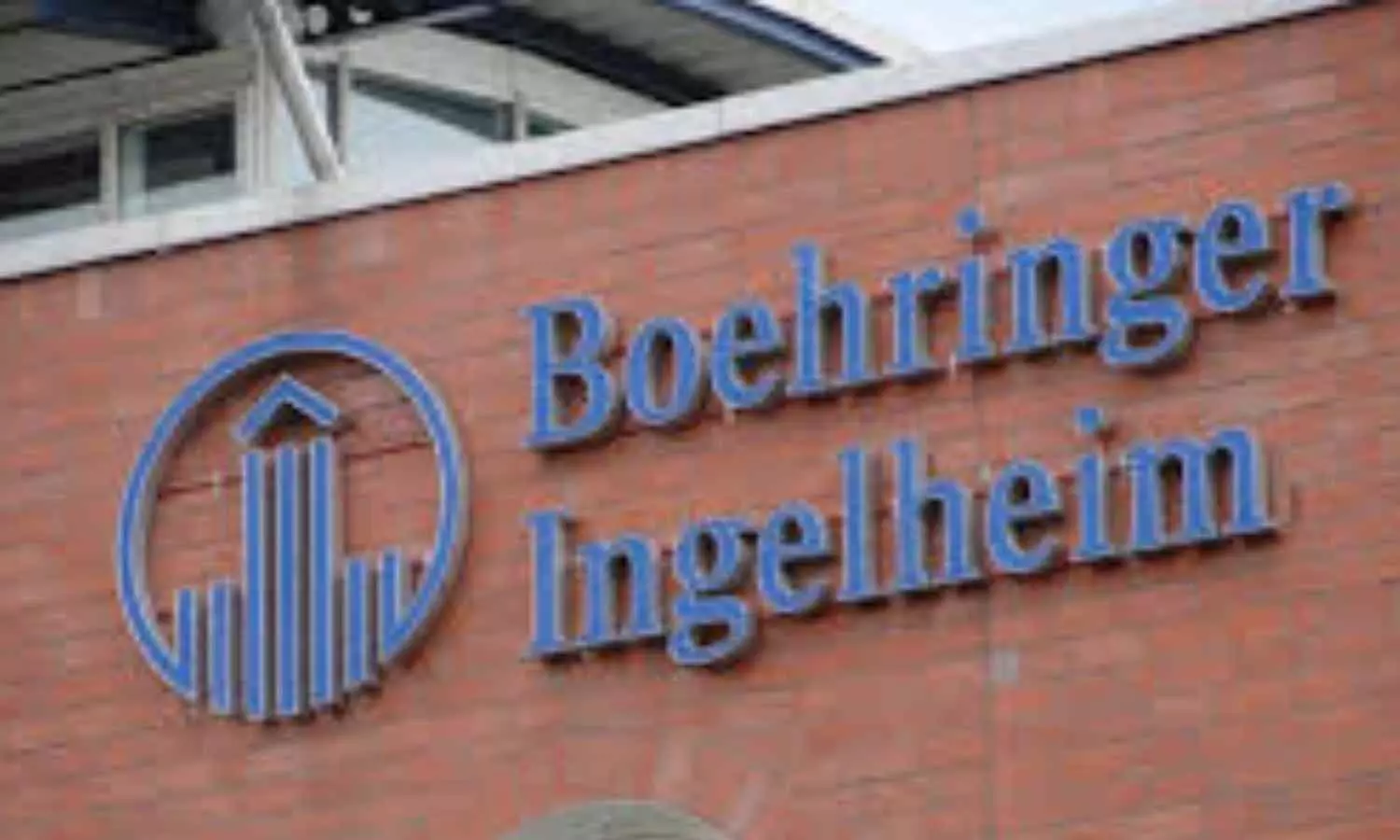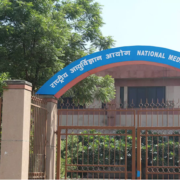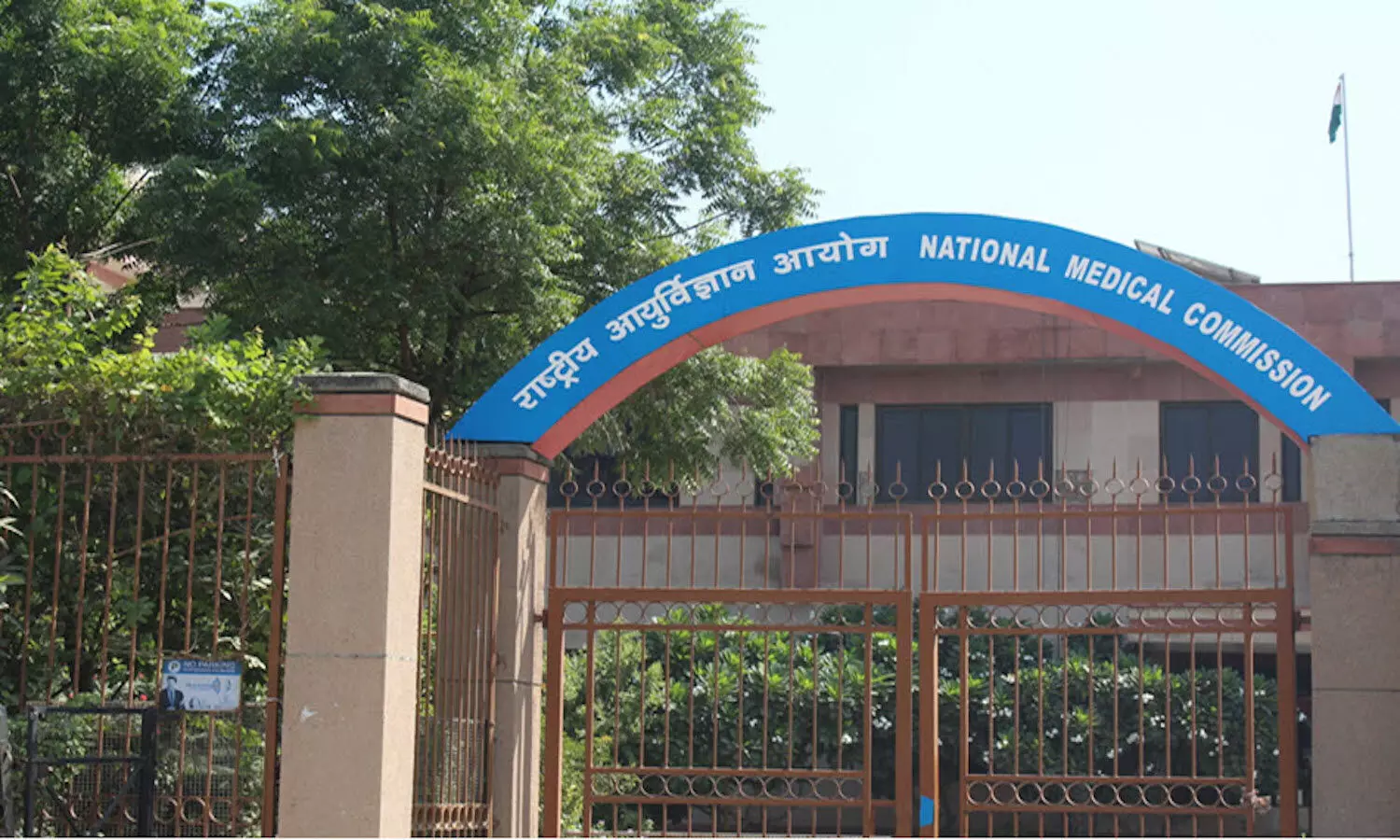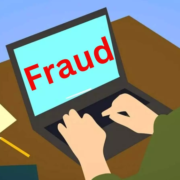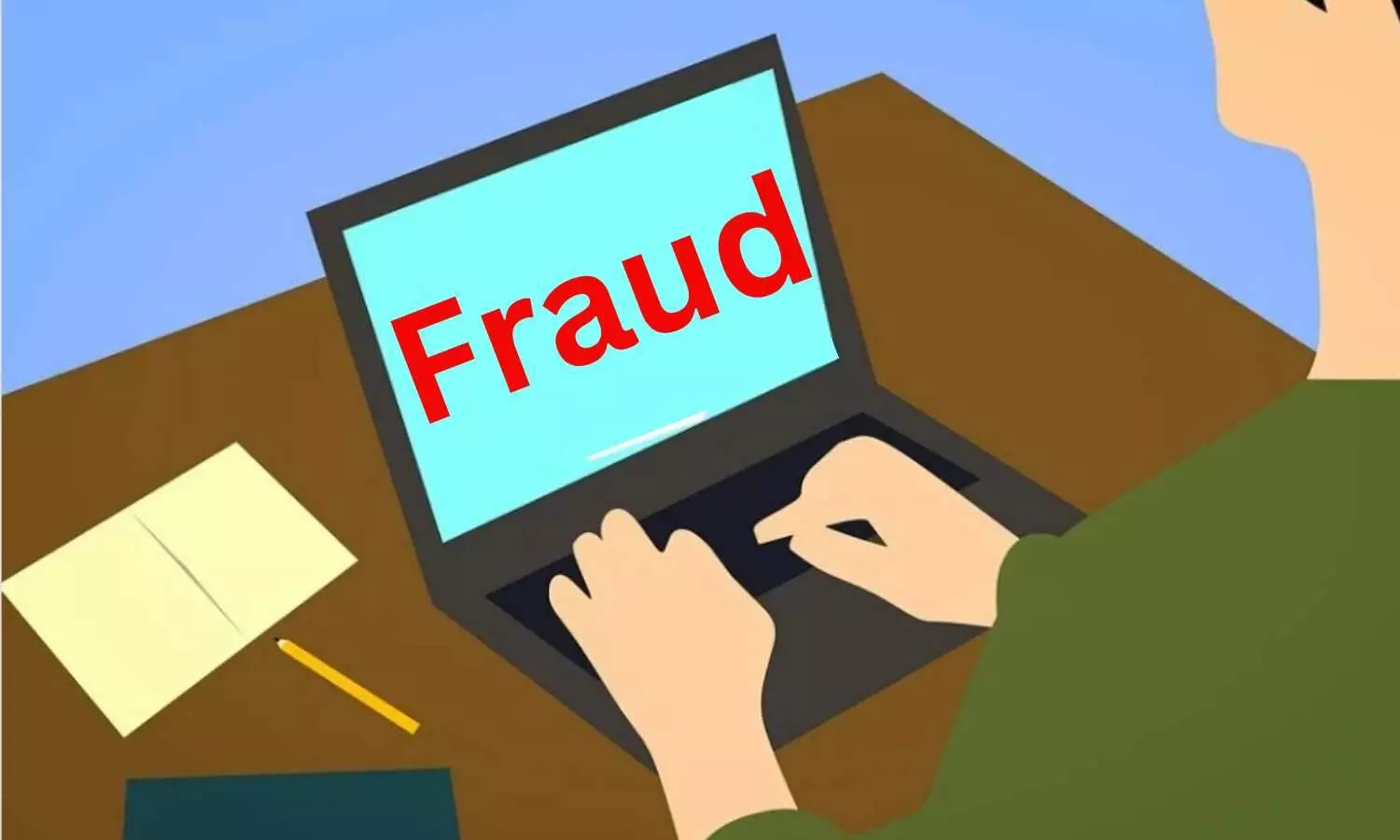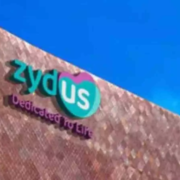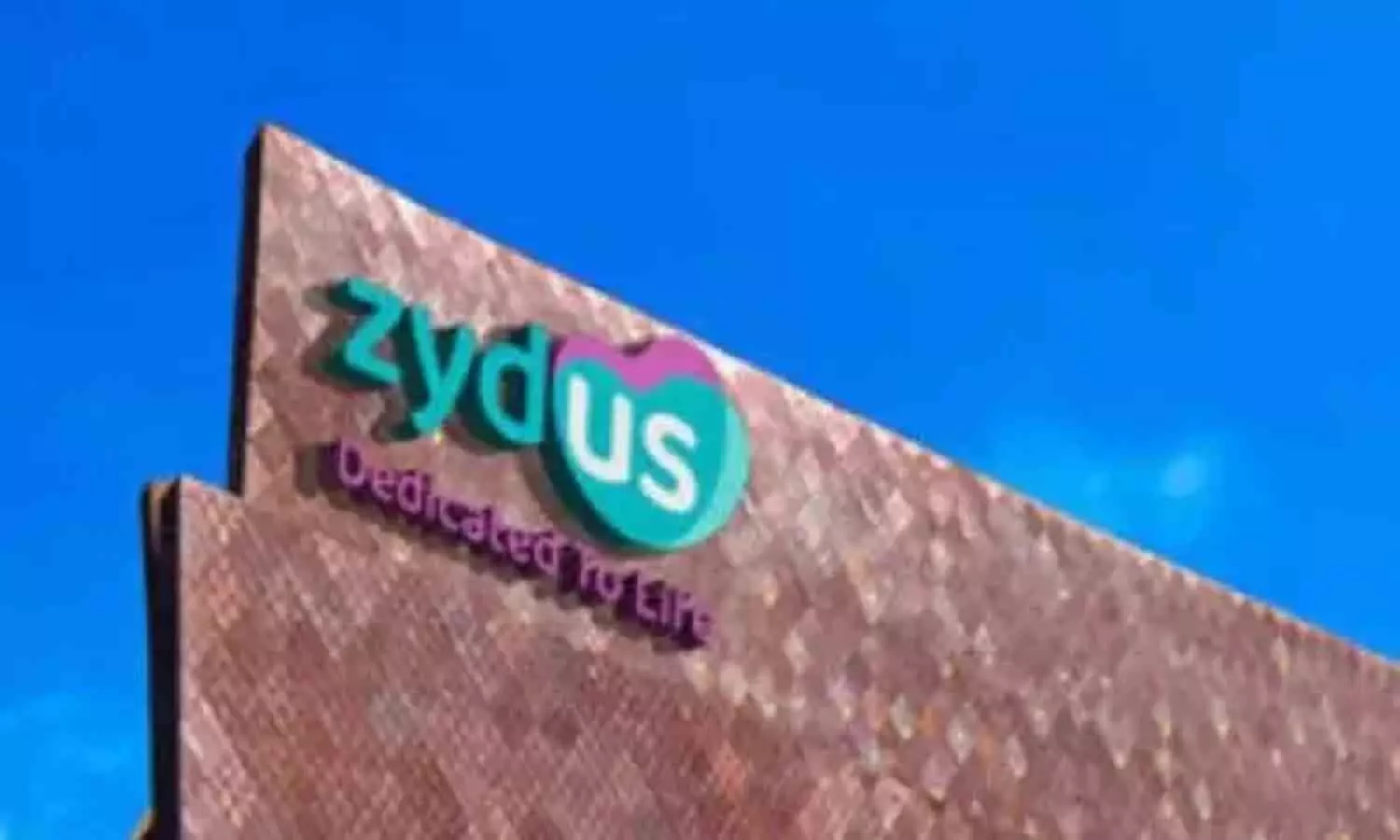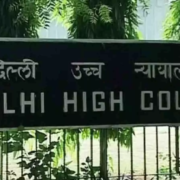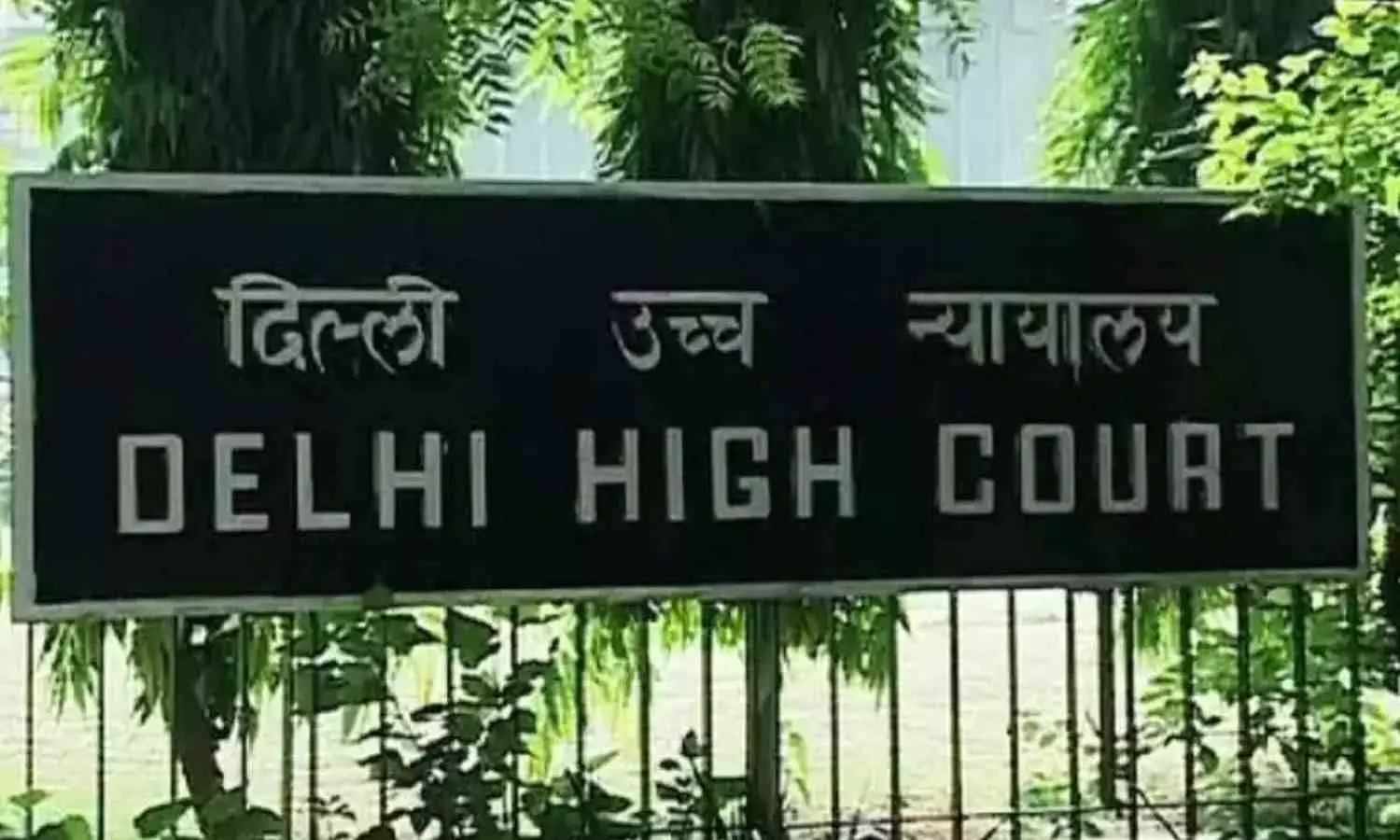Early death caused by metabolism-related risk factors has increased by 50%, study finds
The latest findings from the Global Burden of Diseases, Injuries, and Risk Factors Study (GBD), recently published in The Lancet, offered insights into health challenges and the risk factors contributing to metabolism-related death.
An increase in people experiencing metabolic risk factors, such as high systolic blood pressure (SBP), high fasting plasma glucose (FPG), high body mass index (BMI), high LDL cholesterol, and kidney dysfunction, demonstrates the consequences of an aging population and changing lifestyles on a global scale.
Metabolic risk factors lead to significant health problems by disrupting the body’s normal physiological functions. These factors strain the cardiovascular system, impair kidney function, and disrupt glucose metabolism, resulting in overall decreased organ efficiency. Over time, this chronic strain can cause systemic inflammation, reduced immune response, and impaired healing processes, leaving individuals more susceptible to infections, chronic fatigue, reduced quality of life and increased mortality risk.
According to the study, there was a 49.4% increase in the number of global disability-adjusted life years (lost years of healthy life due to poor health and early death), attributable to metabolism-related risk factors between 2000 and 2021. Over this period, ill health in people ages 15–49 was increasingly attributable to a high BMI and high FPG – also known as high blood sugar – which increases the risk of developing diabetes. Other metabolic risk factors were also in the top 10 risk factors for people in this age group.
“Though metabolic in nature, developing these risk factors can often be influenced by various lifestyle factors, especially among younger generations. They also are indicative of an aging population that is more likely to develop these conditions with time. Targeting the reduction of preventable, non-communicable diseases through modifiable risk factors presents an enormous opportunity to pre-emptively alter the trajectory of global health through policy and education,” said Dr. Michael Brauer, Affiliate Professor at the Institute for Health Metrics and Evaluation (IHME).
“Risk factors that currently lead to ill health, such as obesity and other components of metabolic syndrome, exposure to ambient particulate matter air pollution, and tobacco use, must be addressed via a combination of global health policy efforts and exposure reduction to mitigate health risks and improve population health. With increasing exposure to risk factors such as high blood sugar, high blood pressure, low physical activity, and diet high in sugar-sweetened beverages—there is an urgent need for interventions focused on obesity and metabolic syndromes,” said the authors.
Reference: GBD 2021 Risk Factors Collaborators- Michael Brauer*, Gregory A Roth*, Aleksandr Y Aravkin, Peng Zheng, et al.; Global burden and strength of evidence for 88 risk factors in 204 countries and 811 subnational locations, 1990–2021: a systematic analysis for the Global Burden of Disease Study 2021; The Lancet; DOI:https://doi.org/10.1016/S0140-6736(24)00933-4
Study sheds light on benefits of exercise on brain health
New research published in the journal Aging Cell provided insights into how exercise may help to prevent or slow cognitive decline during ageing.
Ageing induces progressive physiological changes to multiple body systems over time. In humans, ageing is associated with a decline in both general physical well-being and cognitive abilities.
Observational studies in aged individuals consistently suggest that exercise can alleviate age-related deficits in multiple physiological systems, including the brain.
Exercise can reverse grey matter loss in the hippocampus, an area important for learning and memory. While the mechanisms underlying these benefits remain poorly defined, exercise in general is known to increase neurotrophin expression, enhance synaptic plasticity and modulate the expression of various immune factors in the aged brain. It also modulates the heightened ageing-associated response of microglia to immune challenge.
For the study, investigators assessed the expression of genes in individual cells in the brains of mice. The team found that exercise has a significant impact on gene expression in microglia, the immune cells of the central nervous system that support brain function. Specifically, the group found that exercise reverts the gene expression patterns of aged microglia to patterns seen in young microglia.
Treatments that depleted microglia revealed that these cells are required for the stimulatory effects of exercise on the formation of new neurons in the brain’s hippocampus, a region involved in memory, learning, and emotion.
The scientists also found that allowing mice access to a running wheel prevented and reduced the presence of T cells in the hippocampus during aging. These immune cells are not typically found in the brain during youth, but they increase with age.
“We were both surprised and excited about the extent to which physical activity rejuvenates and transforms the composition of immune cells within the brain, in particular the way in which it was able to reverse the negative impacts of aging. It highlights the importance of normalizing and facilitating access to tailored exercise programs. Our findings should help different industries to design interventions for elderly individuals who are looking to maintain or improve both their physical and mental capabilities,” said co–corresponding author Jana Vukovic of The University of Queensland, in Australia.
Reference: Solal Chauquet, Emily F. Willis, Laura Grice, Samuel B. R. Harley, Joseph E. Powell, Naomi R. Wray, Quan Nguyen, Marc J. Ruitenberg, Sonia Shah, Jana Vukovic; Exercise rejuvenates microglia and reverses T cell accumulation in the aged female mouse brain; Aging Cell; https://doi.org/10.1111/acel.14172
ICMR dietary guidelines 2024 highlight Palm Oil as a better dietary choice
The Indian Council of Medical Research (ICMR) and the National Institute of Nutrition (NIN) have recently released the “Dietary Guidelines for Indians-2024,” highlighting the nutritional significance of using a diverse variety of oil seeds, nuts and whole grains for providing a balance of all fatty acids (lipids).
The guidelines underscored the essential role of dietary fats in nutrition. Fats provide concentrated energy, aid in the absorption of nutrients, and enhance the overall satisfaction of a diet. Among the oils recognised for their health benefits, palm oil was highlighted due to its balanced composition of fatty acids and a rich nutrient profile. It is included alongside other beneficial oils such as groundnut, cottonseed, sesame, and olive, which are all noted for their high content of monounsaturated fatty acids.
Palm oil, in particular, helps lower blood cholesterol levels and these benefits are attributed to the oil’s minor components like tocopherols and sterols, which are largely antioxidants. While palm oil and other plant-based oils are rich in monounsaturated fatty acids, they also contain polyunsaturated fatty acids such as linoleic (n-6) and linolenic (n-3) acids, found only in plant foods.
“Like all vegetable oils, palm oil does not contain cholesterol, which is found only in animal-based foods. Instead, plant oils include beneficial substances such as lignans, sterols, tocopherols (vitamin E), oryzanol, and carotenoids, which are known to reduce cholesterol and oxidative damage associated with ageing and chronic diseases,” stated the guidelines.
“The unique balance of saturated, monounsaturated, and polyunsaturated fatty acids in palm oil makes it a valuable addition to a healthy diet. The guidelines note that the low concentration of polyunsaturated fats in palm oil reduces its pro-inflammatory properties, and its balanced fatty acid composition can help maintain healthy cholesterol levels by increasing high-density lipoprotein (HDL) cholesterol and reducing low-density lipoprotein (LDL) cholesterol.”
The comprehensive report emphasized the importance of a balanced intake of fats, recommending moderation and a variety of food sources to ensure a well-rounded nutritional profile. By making informed choices and integrating diverse food sources, individuals can enhance their well-being and reduce the risk of chronic diseases.
Reference: DIETARY GUIDELINES FOR INDIANS, ICMR- National Institute of Nutrition
